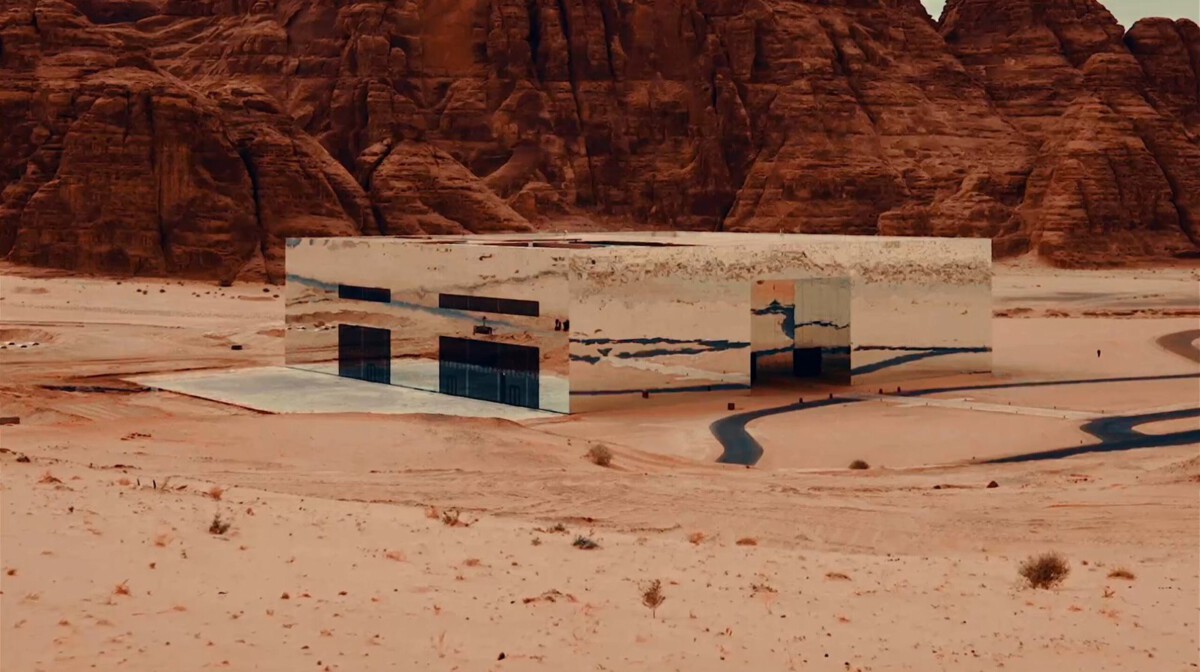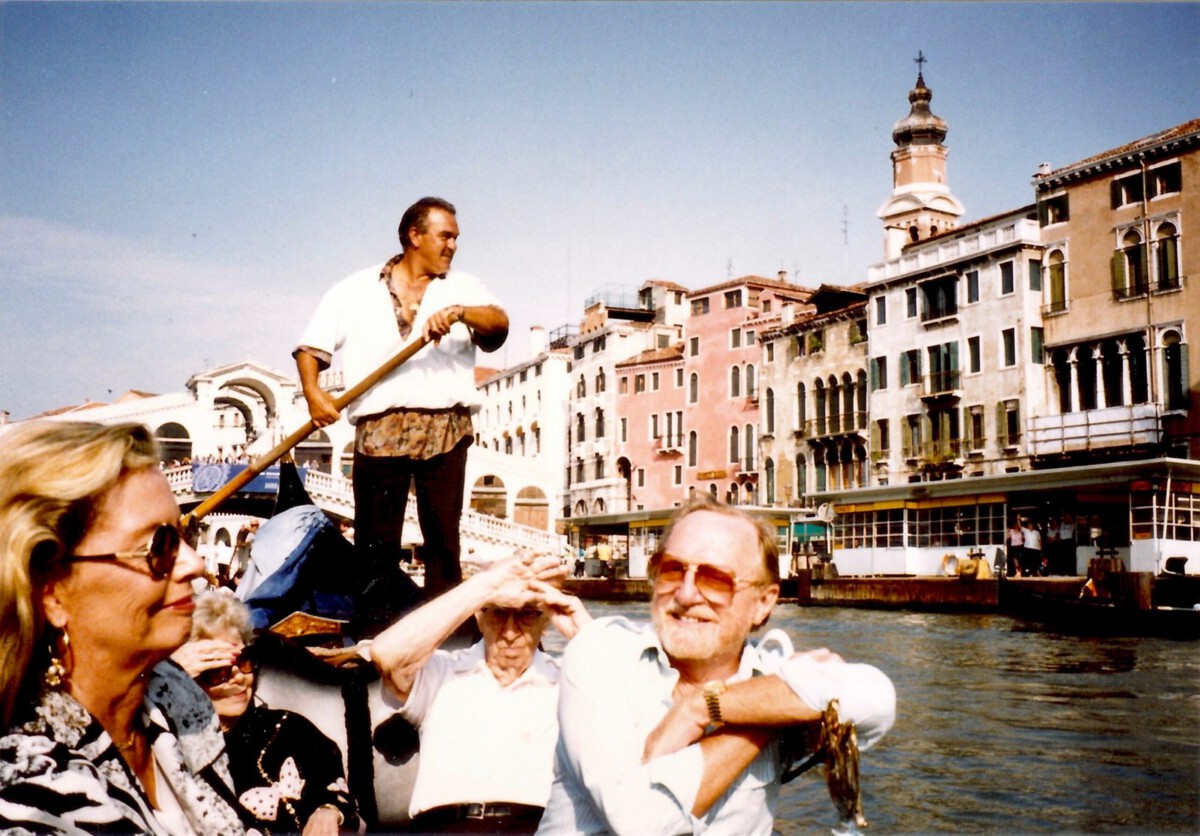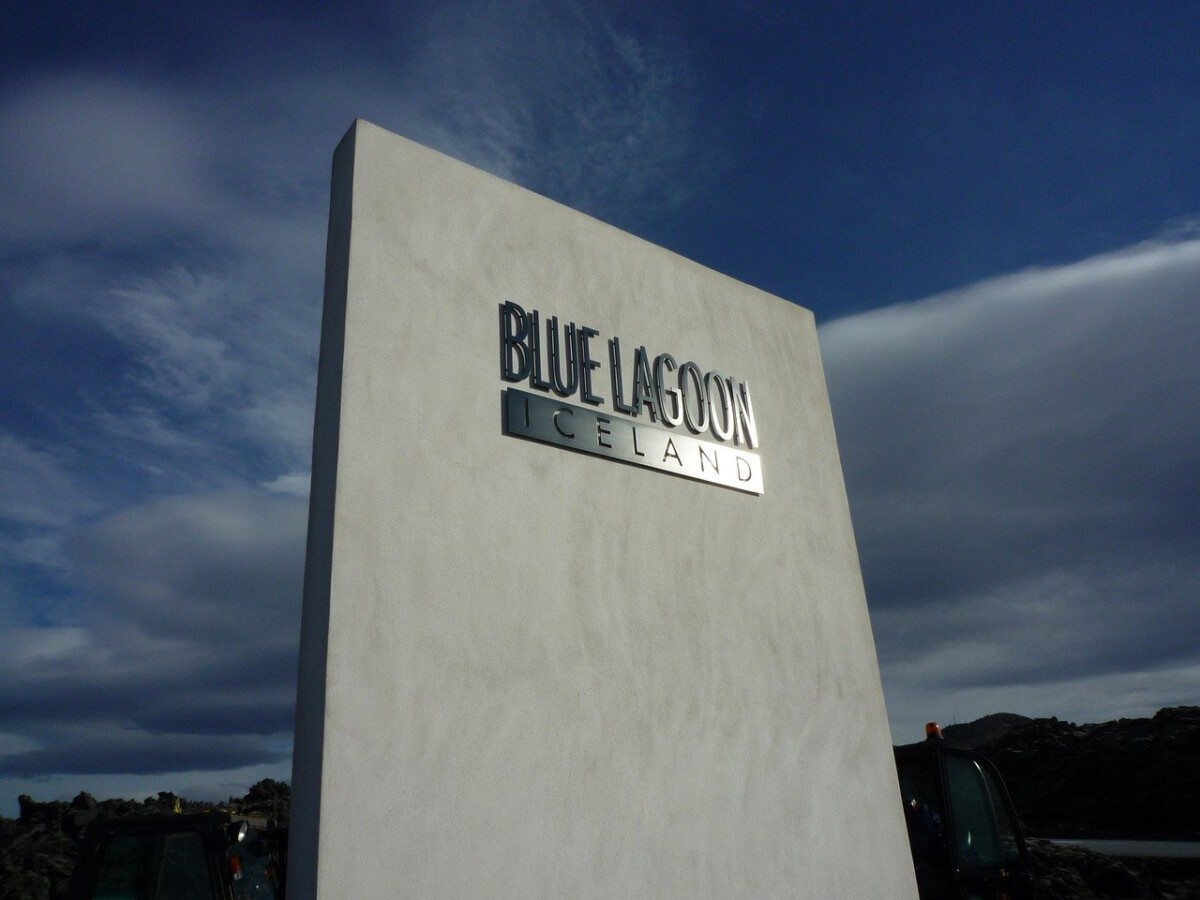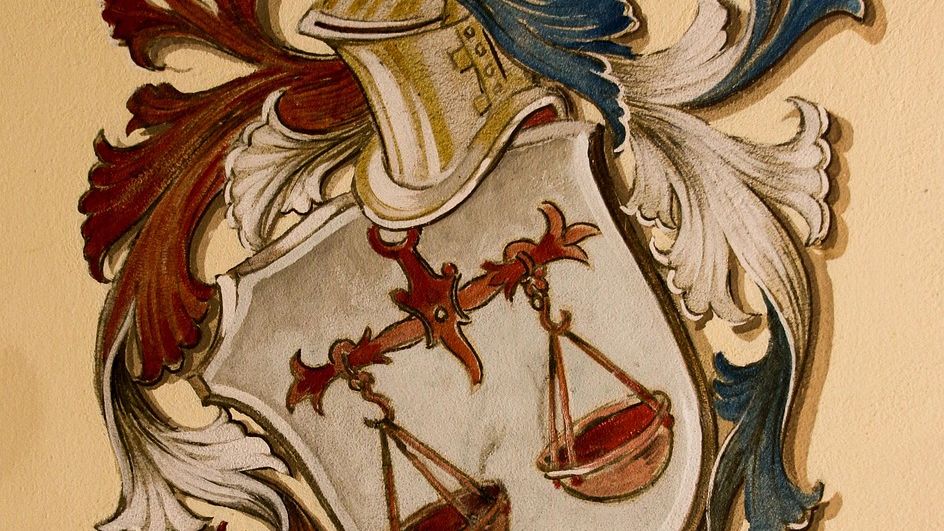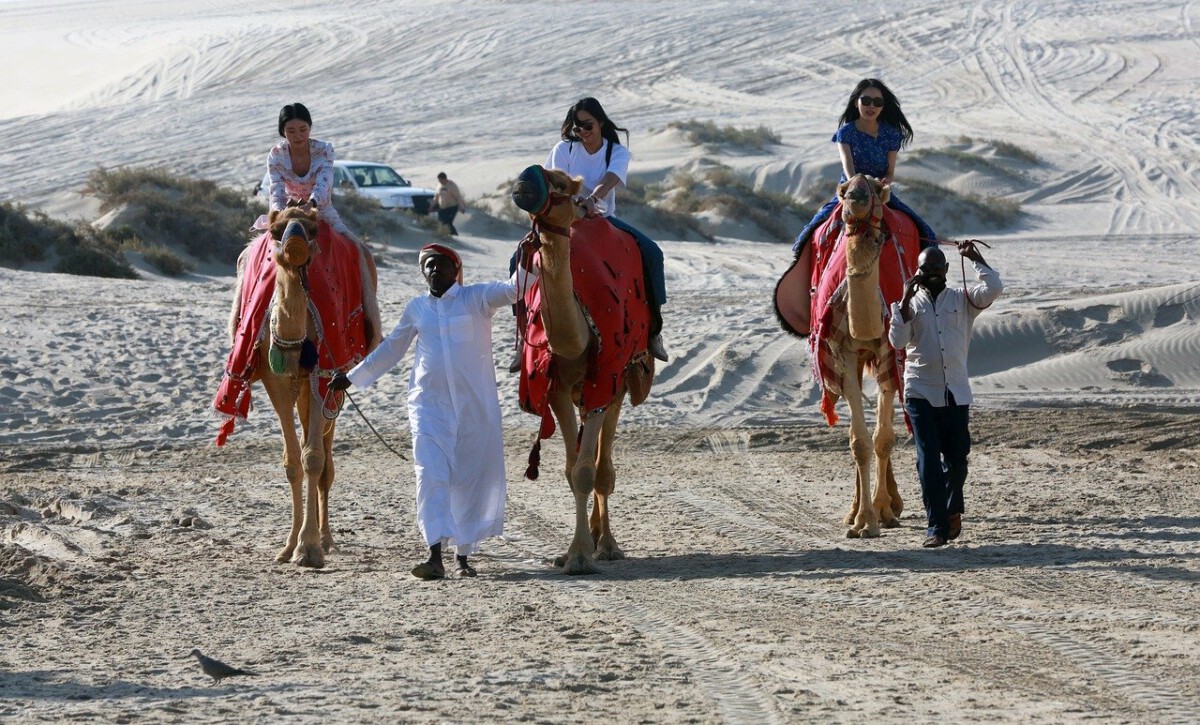The Echoes of Ancient Civilizations

Imagine standing before a sandstone cliff carved with mysterious tombs, each bearing silent witness to a civilization lost to time. AlUla’s historical roots run deep, tracing back more than 2,000 years. It was once a vital crossroads for caravans journeying along the Incense Route, linking Arabia with the Mediterranean and beyond. The most renowned archaeological treasure here is Madain Saleh, Saudi Arabia’s first UNESCO World Heritage site, featuring over 130 Nabatean tombs dating to the 1st century AD. Researchers suggest that Madain Saleh showcases architectural mastery similar to Petra in Jordan, with intricate facades and inscriptions still visible today. The site’s preservation has become a top priority for the Royal Commission for AlUla, reflecting global recognition of its unique legacy. Walking among these tombs, visitors often feel a sense of awe, as if history itself is whispering through the desert winds.
A Landscape Shaped by Nature’s Hand

AlUla’s desert beauty is nothing short of breathtaking, with colossal red rock formations, twisting canyons, and verdant oases that seem to defy the arid surroundings. The AlUla Valley stretches across 22,500 square kilometers, dotted with palm groves and ancient agricultural terraces. The Elephant Rock, or Jabal AlFil, is a natural wonder that rises dramatically from the plains, resembling its namesake with uncanny precision. Every sunrise and sunset casts the landscape in golden hues, creating a photographer’s paradise. Rainfall is rare, but when it comes, the desert bursts to life, as wildflowers bloom and wadis fill with water. This unique blend of harshness and beauty is why AlUla is often described as a “hidden wonderland.” The area’s geology, formed over millions of years, offers a living classroom for scientists and adventurers alike.
Traditions Alive in Every Corner

AlUla’s people are proud stewards of their heritage, blending ancient customs with modern hospitality. Local families have lived in the region for generations, maintaining traditions in craftwork, storytelling, and cuisine. Visitors can experience Bedouin culture firsthand, sharing coffee under the stars and listening to tales passed down through centuries. Markets brim with handmade pottery, woven baskets, and vibrant textiles. Community-run festivals, such as the AlUla Dates Festival, offer a chance to mingle with locals and discover the flavors and rhythms of the region. The warmth and generosity of AlUla’s residents are often cited by travelers as the highlight of their journey. Celebrating this living heritage is central to AlUla’s vision for sustainable tourism, ensuring that culture is preserved as the region opens to the world.
Adventure Awaits in the Desert

For thrill-seekers, AlUla transforms into a vast outdoor playground. The cliffs and valleys call out to rock climbers, with routes suitable for both beginners and seasoned athletes. Hiking trails wind through canyons and up to panoramic viewpoints, revealing hidden petroglyphs and ancient dwellings along the way. Hot air balloon rides provide a bird’s-eye view of the dramatic terrain, with the silence of the desert punctuated only by the occasional roar of the burner. Zip-lining over sandstone formations offers a rush of adrenaline, while camel treks allow for a slower, more contemplative exploration. Guided tours are widely available, emphasizing safety and environmental stewardship. These adventures offer more than excitement—they foster a deep connection to the land and its timeless beauty.
Commitment to Sustainability

As AlUla’s fame spreads, careful stewardship becomes ever more crucial. The Royal Commission for AlUla has made sustainability its guiding principle, aiming to balance tourism growth with environmental and cultural preservation. Innovative eco-lodges blend seamlessly into the landscape, using solar power and local materials. Conservation projects focus on protecting native flora and fauna, some of which are unique to the region. Community engagement is key: local residents are trained as guides, artisans, and conservationists, ensuring that tourism benefits everyone. Initiatives like the Sharaan Nature Reserve highlight efforts to restore endangered wildlife and rehabilitate natural habitats. This model of responsible tourism is being closely watched as a potential blueprint for destinations worldwide.
Tastes of Tradition and Innovation

AlUla’s culinary offerings are as rich and varied as its history. Traditional Saudi dishes—such as kabsa, jareesh, and freshly baked dates—are served alongside contemporary interpretations crafted by innovative local chefs. The region’s fertile oases supply an abundance of dates, citrus fruits, and aromatic herbs, all featuring prominently in local recipes. Food festivals invite visitors to sample everything from street food to gourmet cuisine, often accompanied by live music and dance. Culinary tours provide insight into the secrets of Arab hospitality, with hands-on cooking workshops and farm-to-table experiences. International chefs are increasingly drawn to AlUla, inspired by its flavors and traditions. In every meal, the story of the land and its people is told.
Artistry in the Heart of the Desert

AlUla is rapidly becoming a hub for artistic expression, blending ancient inspiration with bold contemporary vision. The Maraya Concert Hall, a mirrored architectural wonder, stands as a symbol of this fusion, reflecting the surrounding rocks and sky in its gleaming façade. Inside, world-class performers from around the globe grace its stage, while outside, open-air galleries display sculptures and installations by both Saudi and international artists. The Desert X AlUla exhibition brings together avant-garde artworks that engage with the landscape itself, encouraging visitors to see the desert through new eyes. Local artisans continue the region’s legacy in pottery, jewelry, and calligraphy, often offering workshops to curious travelers. This thriving artistic scene is transforming AlUla into a cultural beacon for the Middle East.
Festivals that Spark Imagination

Throughout the year, AlUla pulses with the excitement of festivals and events. Winter at Tantora is the crown jewel, featuring dazzling light shows, international music stars, and dramatic performances set against the ancient ruins. The festival also offers immersive experiences, such as hot air balloon rides over the desert and guided archaeological tours. Art exhibitions, poetry readings, and heritage markets draw crowds of all ages, celebrating the region’s creativity and spirit. These events have helped put AlUla on the global map, attracting tens of thousands of visitors annually. The festive atmosphere, combined with the setting’s natural and historical grandeur, creates memories that linger long after the journey ends.
Getting There and Getting Around

Traveling to AlUla is now more convenient than ever, thanks to significant investments in infrastructure. AlUla International Airport, opened in 2021, connects the region directly to Riyadh, Jeddah, and even Dubai, making it accessible to international travelers. Roads have been upgraded, and shuttle services ferry visitors between key sites. For those seeking a more immersive experience, guided tours offer transportation, knowledgeable commentary, and insider access to hidden gems. It’s wise to plan ahead, as accommodations can fill up quickly during peak festival seasons. Lightweight clothing, sun protection, and plenty of water are essential for exploring the desert climate. With careful planning, even a short stay in AlUla can become a journey of discovery.
Ambitious Visions for the Future

AlUla’s transformation is far from complete. The Royal Commission’s Vision 2030 plan includes new museums, archaeological research centers, and expanded eco-tourism areas. Projects like the Sharaan Resort—designed by renowned architect Jean Nouvel—promise to blend luxury with environmental sensitivity, carved directly into the sandstone cliffs. Ongoing excavations continue to unearth new historical treasures, drawing scholars and enthusiasts from around the world. The government’s investments have already created thousands of local jobs, with more opportunities on the horizon as visitor numbers are projected to climb. While change is inevitable, AlUla remains committed to honoring its past and preserving its unique identity for future generations.

